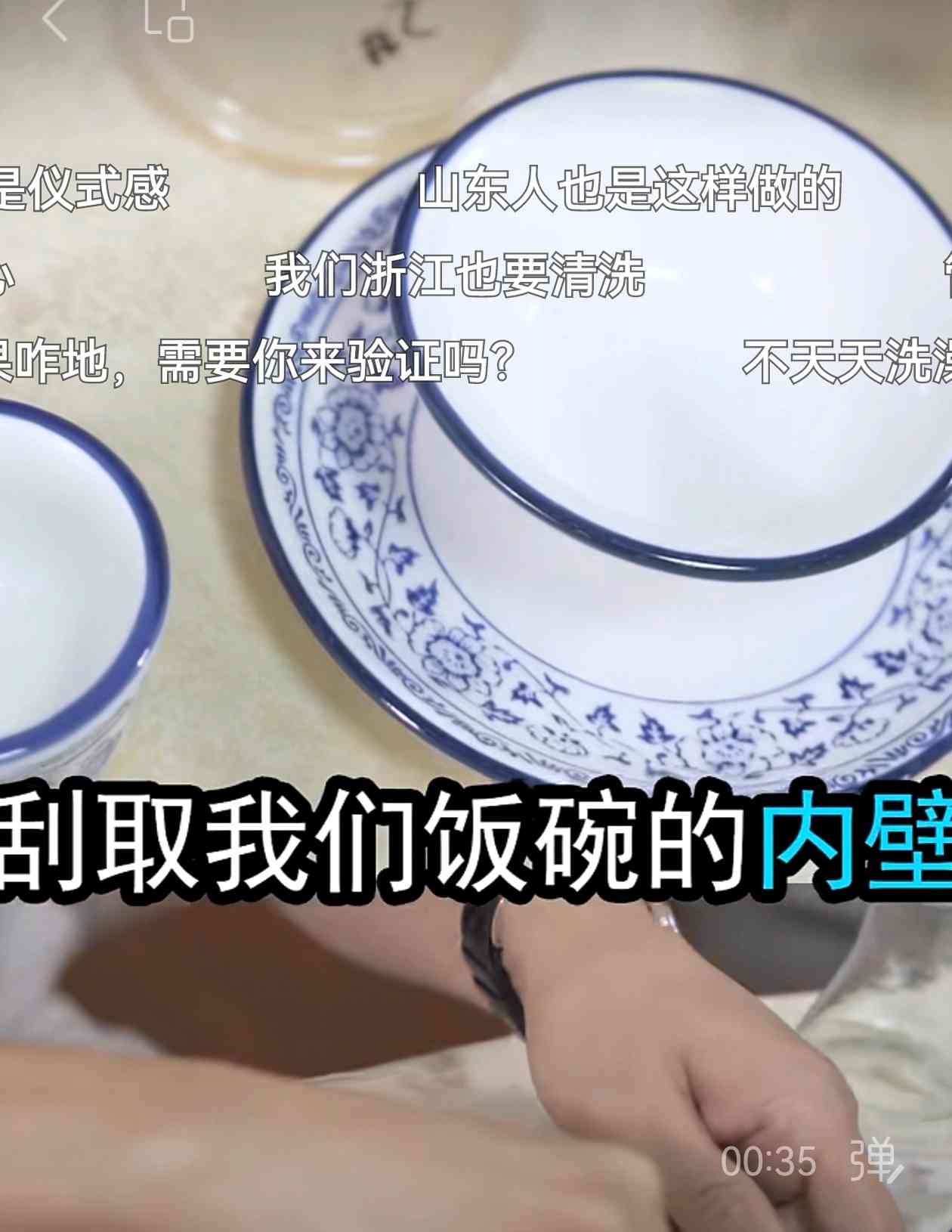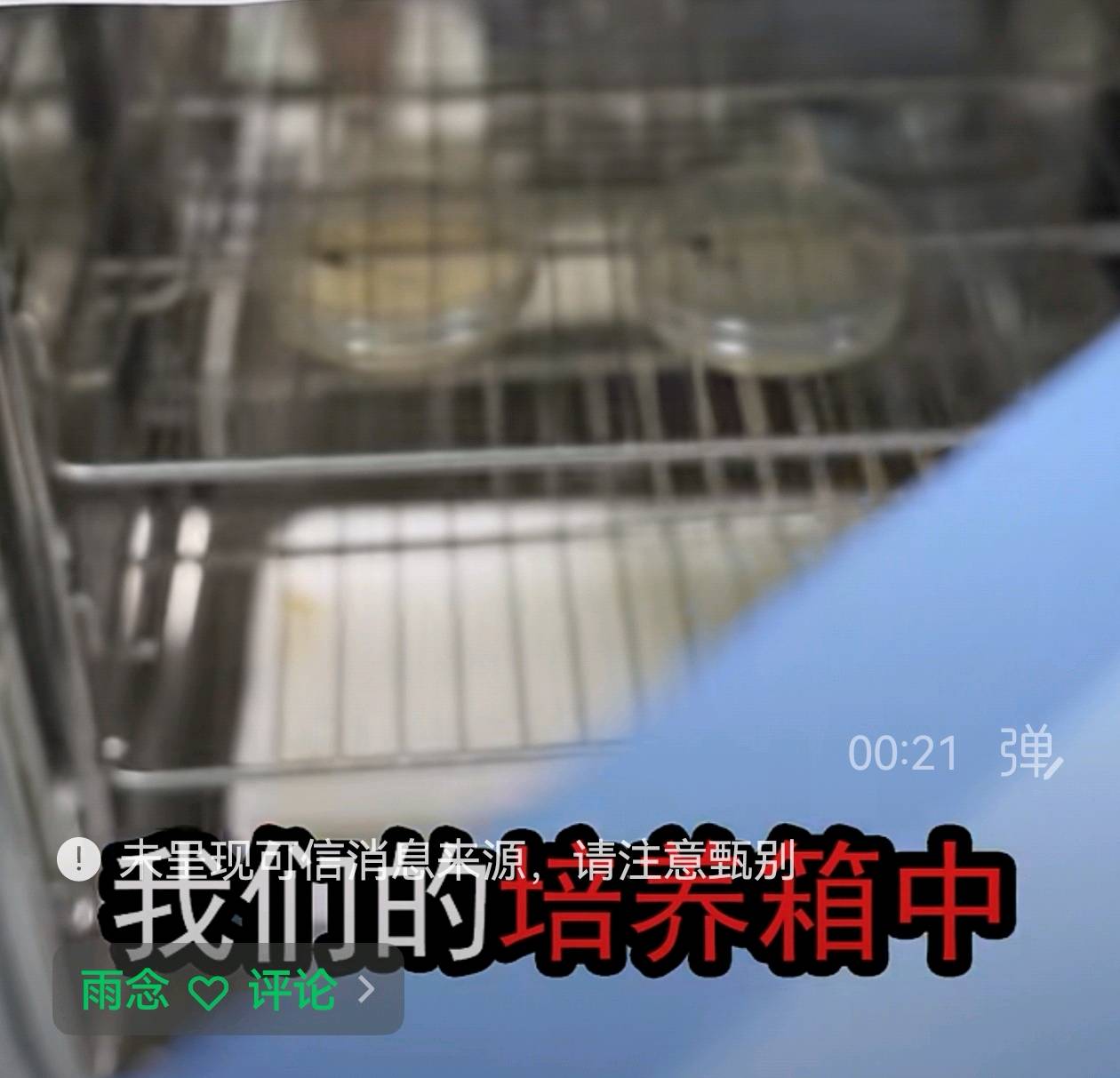

开水烫碗筷不能完全起到消毒作用。要达到理想的杀菌效果,需100℃开水持续30秒以上,而餐馆提供的热水通常70℃-80℃,且人们烫碗时间平均仅5-10秒,难以杀死顽固微生物。
但广东人烫餐具的习惯有其意义。从文化角度看,它是岭南饮食文化的传承,承载着对传统文化的坚守,也具有社交礼仪的功能。从卫生角度讲,虽不能彻底杀菌,但能去除部分表面灰尘、油渍和洗涤剂残留。所以,广东人可以继续保留烫餐具的仪式感,但也要理性看待其有限的消毒效果,也可结合使用消毒柜等更有效的消毒方法。
Can scalding tableware with boiling water disinfect it? This is a ritual of Cantonese people. Let’s check the information: should we scald tableware?
Scalding bowls and chopsticks with boiling water cannot fully achieve disinfection. To achieve ideal sterilization, boiling water at 100°C needs to last for more than 30 seconds. However, the hot water provided in restaurants is usually at 70°C-80°C, and people typically scald tableware for only 5-10 seconds on average, making it difficult to kill stubborn microorganisms.
But the habit of scalding tableware among Cantonese people holds significance. Culturally, it inherits Lingnan food culture, reflects adherence to traditional culture, and serves as a social etiquette. Hygienically, while it cannot completely sterilize, it can remove some surface dust, oil stains, and detergent residues. Therefore, Cantonese can continue to preserve this ritual of scalding tableware, but they should also rationally recognize its limited disinfection effect and combine it with more effective disinfection methods like sterilizers.
